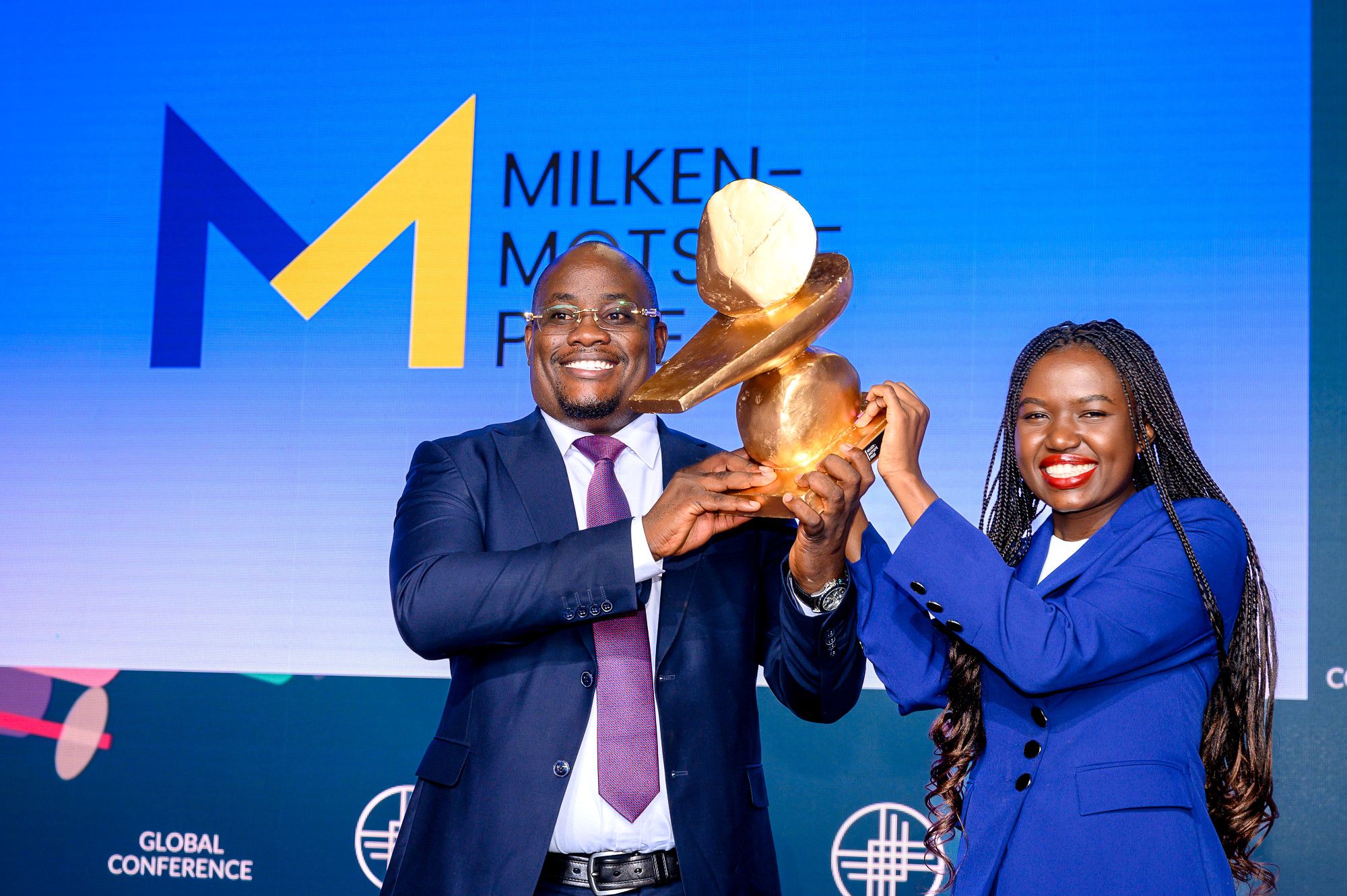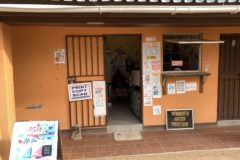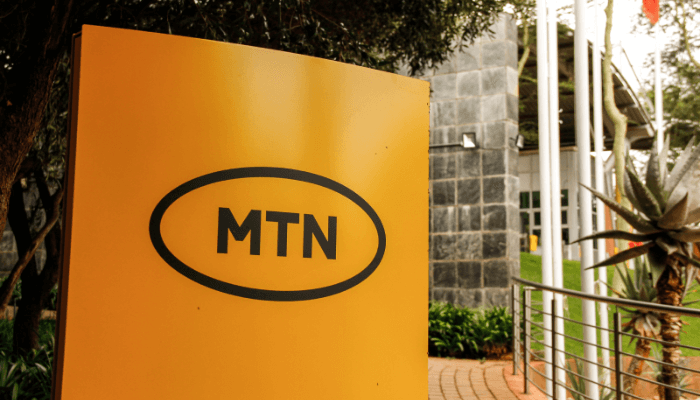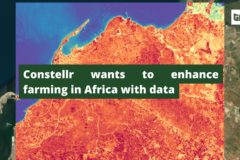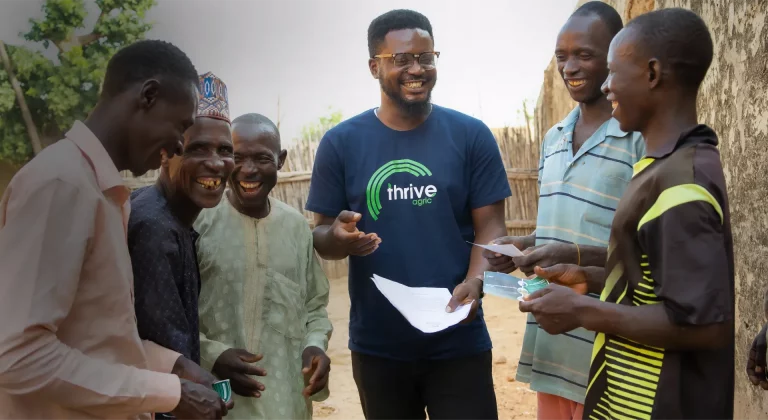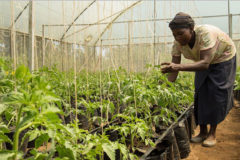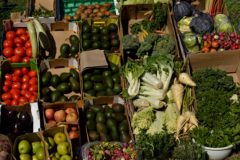Tanzanian agritech startup NovFeed co-founders Diana Orembe and Otaigo Elisha speak on NovFeed’s victory in the Milken-Motsepe prize in agritech.
Last month, Tanzanian biotech startup NovFeed won the Milken-Motsepe prize in agritech’s $1 million grant. NovFeed’s product offering involves the use of biomass to produce fish feed. The feed is cheaper to produce and offers more nutritional value compared to current products in the market, the company claims.
TechCabal spoke to Diana Orembe and Otaigo Elisha, co-founders of the startups, to learn more about the product, their success in the competition, as well as their thoughts on the state of agritech in Africa.
Please tell us more about NovFeed and the problem you are trying to solve through your solution.
Diana Orembe: NovFeed was born back in 2019 with the goal to help to promote sustainable aquaculture by producing alternative protein to replace the unsustainable fish meal and soybean in the aquafeed. The aim of this was to produce an affordable feed that can help the farmers increase their profitability.
The scale of the problem is in the fact that currently, aquafeed globally is produced by using fish meal. Fish meal is unsustainable but it still accounts for over 70% of production costs as it is mostly exported from Vietnam and Netherlands. So we saw this challenge and we researched it. We then decided to apply science as a tool to help overcome this challenge and find a way to help the farmers.
Our biotechnology solution involves collecting the organic waste that was supposed to end up in the landfills and then using bacteria to turn this organic waste into a renewable protein ingredient with a very high protein profile of around 70% and other valuable and important nutrients. Along the process, we also identified that the byproduct that we had after harvesting the protein ingredient is a liquid biofertilizer with a lot of probiotic bacteria that has huge potential in regenerating the soil and supporting the organic farming of fruits and vegetables.
What challenges would you say you have faced in trying to scale up the solution?
Otaigo Elisha: To start with, our solution is very novel and has high-tech aspects. This makes accessing the equipment we need to scale to an industrial scale, both in terms of production and research and development, rather expensive. Remember that we are continually trying to discover other products like enzymes and additives which can be produced through the system and that requires constant research and development.
DO: In addition, scaling biotech companies in Africa is also another challenge that we faced because it’s an industry that has not yet grown extensively. So sometimes you need inspiration, mentorship, etc, but that’s not available. Also, talent is also hard to come by too in the form of scientists. Most of these would rather work with established companies than a startup.
In terms of traction, how much would you say you have attained so far?
DO: We have been able to continue to do R&D and discover a consortium of microbes that can convert this organic waste into protein biomass. Secondly, we have tested the solution on real customers, the farmers and we have collected a lot of metrics in terms of the growth performance, survival rate and in terms of digestibility of the product. Additionally, we have also increased economic value for farmers in terms of reducing cost and also reducing the maturation period of the fish. We have attracted several other partners that are working with us in different capacities, from coaching to mentorship training and other areas.
How was your experience with the competition from deciding to enter to eventually winning the $1 million prize money?
OE: The Milken competition runs for almost one year. So we started by submitting our idea on the platform which also has resources to improve it. This also came with the Stanford course that we attended for two weeks. We also got a mentor with a background in biotechnology which was key for us to utilise in developing our business model.
We then made it to the top 25 and submitted the research protocols and proceeded to conduct our field trials. We collected a lot of valuable information from the animal feed manufacturers, farmers, and consumers of fish. Those insights helped us to develop a final report that showed how this type of alternative feed helped farmers cut costs, increase the performance at the farm level in terms of the fish growth rate, and also in terms of cutting the maturation period from eight to seven or six months.
Once we were done in that phase, we submitted all the documents plus the data that we collected and other information that helped the judges to decide the top five and eventually the grand prize.
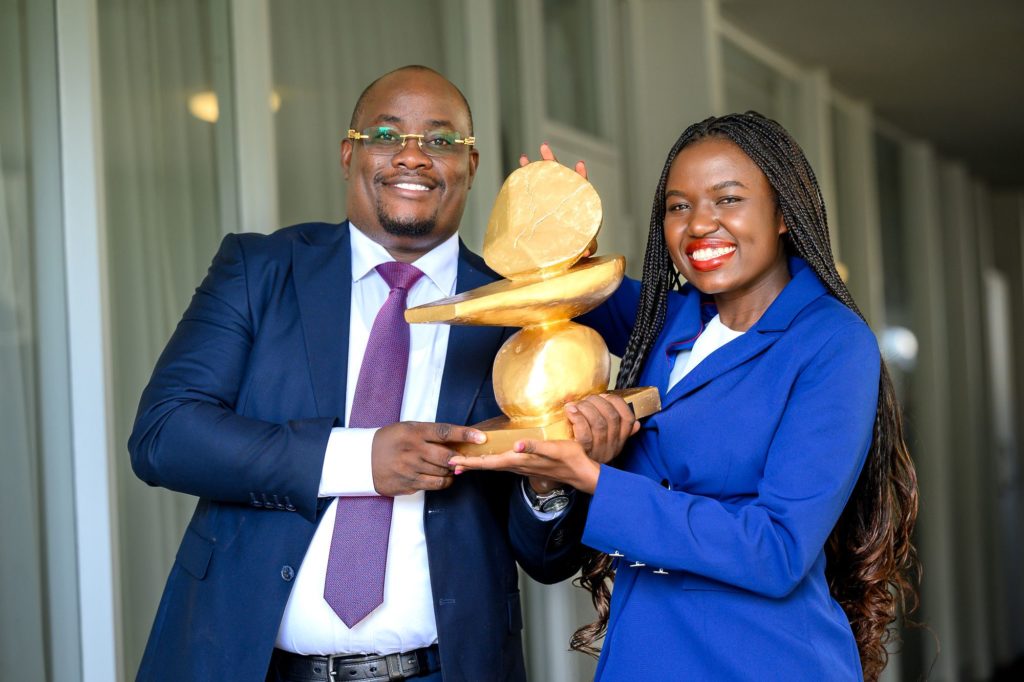
What will you use the $1 million prize money for?
OE: We are planning to use the prize money to pilot NovFeed and make sure that we are producing the final product at a bigger capacity so that we can reach more farmers and increase our impact across Tanzania and beyond. But also, we plan on investing in continuous R&D so that we can continue to improve the efficiency of our product and also innovate new products.
DO: We also plan on using the prize money to build out our own lab. So far, we have been utilising the university lab for the production of the biomass and also trialling it. In that way, we can greatly accelerate our turnaround time.
What role do you think biotech innovations like NovFeed’s can play in growing agriculture in Africa?
DO: Speaking on a broader scale, agriculture in Africa employs a significant portion of the population. For example, in Tanzania, it employs almost 70% of the population. We see currently that the same sector is facing a lot of challenges including climate change. Technology gives us a big opportunity to address those challenges, ensuring that farmers are more productive, and hence key contributors to national food security.
OE: On top of that, biotech will revolutionise the way we produce and feed our growing population. With climate change which is affecting everything from the way we produce our food, to the seeds, to the soil that we grow crops on, we need to apply science in order to come up with new ways of producing. We need science to come up with new seeds, we need science to come up with new fields, and we need science to come up with new methods to produce more food by using fewer resources. We need to support biotech startups so that by 2050, we’ll be able to feed our nine billion population.
Is there anything else you would like to add about NovFeed?
OE: We invite development partners to work with us in different capacities, including expertise, market linkage. and other areas we may need support.
DO: Additionally, we also would like to use this opportunity to encourage all the Africans who are planning or have any idea about biotech to turn it into a business. It may seem hard in the beginning but we also started from zero and here we are with such a prestigious award.
Interview has been edited for length and clarity.







